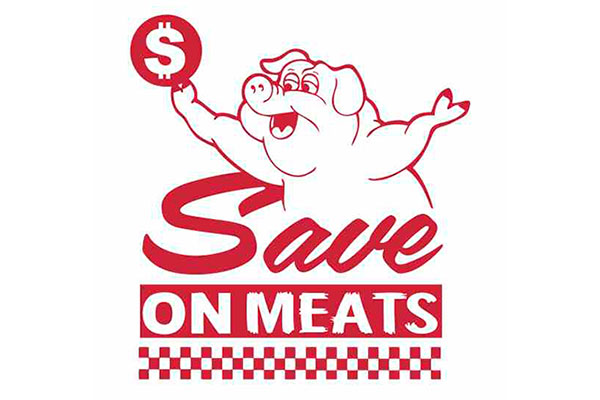Contagion Consulting is announcing the results of the first independent study looking into the behaviour and opinions of panhandlers towards the Save On Meats meal token program. The program offers an alternative to donating cash to panhandlers. Tokens are purchased at Save On Meats, given to someone in need, and later redeemed for a freshly made meal.
The study was conducted in the Downtown East-Side and Granville Street corridor of Vancouver, British Columbia. The 100 panhandlers who participated in this study revealed their opinions and experiences in view of a token based meal program. The results, based on a structured interview, indicate that 86% of panhandlers believe the program is a good idea, and 100% of study participants liked the food they received. “Strangers just walk by and hand them out. I can tell they are more comfortable giving me tokens instead of cash,” says one anonymous panhandler. “The money goes back into the community and helps feed the poor. It’s a win/win.”
Token based meal programs have triggered debate and encountered sharp criticism. “Providing meals to people should not be so controversial,” says Jayson Shurgold, a representative of Contagion Consulting. “Much of the criticism appears to be coming from some advocacy groups speaking for others, but the panhandlers we personally engaged widely accepted the token based meal program and painted a very different picture. Many panhandlers also shared opinions beyond the focus areas of our study and shed light on what concerns and angers them.”
Hunger is a complicated issue and the study should be carefully considered in view of the specific conditions present in the Granville Street corridor and the Downtown East-Side of Vancouver. “This is the first independent study of its kind and the findings are relevant for researchers and groups interested in gaining elemental insight on how panhandlers access food, experience hunger and feel about token based meal programs,” says Shurgold.
The full report can be read here.
***
Contagion Consulting Group is a network of innovative and diverse researchers that engage and assist with academic and social based initiatives. With representatives in Ottawa and Vancouver, the collaboration is founded on the principle that information can change the world. For further information, please visit contagionconsulting.com


One comment
I think the fundamental problem with the Save-on-Meats token program is that it exploits the marginalized low-income and hungry people of the DTES as a marketing ploy disguised as a do-gooder endeavour. Poverty and hunger are very complex issues, but it doesn’t seem logical to give a person a fish for the day; it would make more sense to teach a person to fish so that they may have fish for as long as they need it.